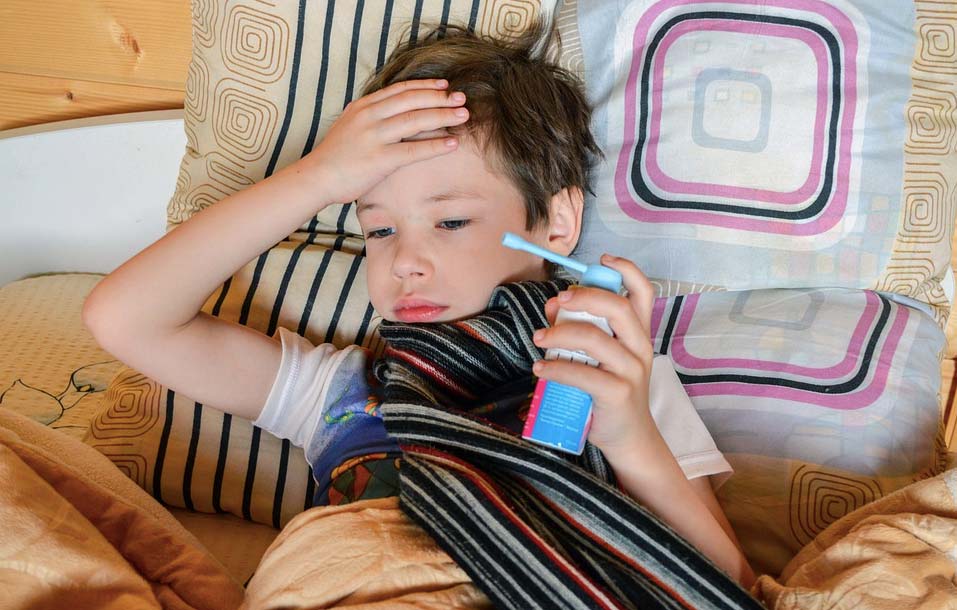Discovering that your child has asthma can be somewhat overwhelming, especially when you don’t know how to handle the issue. Will you be able to cope when your child is struggling to breathe and gasping for air?
However, if you know what to do, you can teach your child how to manage their condition, and significantly reduce the amount of stress for both of you, that such a situation can sometimes cause. The following are some important things that you can pass on to your child so that they can cope with their asthma.
How to recognize triggers – asthma is triggered in different ways for different people, so both you and your child must make an effort to find out what it is that triggers his/her asthma. These could include animal hair and dander, air pollution, pollen, dust, cold weather, infections, or exercise. Familiarizing yourself with these triggers will help you to avoid them in the future and prevent asthma flare-ups.
What to do in the event of a flare-up – it’s not only about asthma attacks though. Children frequently have flare-ups where their air passages become inflamed or narrowed, and they don’t feel it. Although breathing might feel normal, inflammation can still be caused by those everyday triggers. Knowing that this is a risk to your child means that you can help him/her recognize when their airway isn’t functioning as it should be.
Establish daily breathing tests – daily breathing tests can often help to prevent flare-ups. With the help of a device called a “peak flow meter”, you can measure your child’s breathing ability. If the peak flow drops, it means that inflammation is increasing. A peak flow meter can even detect a small amount of inflammation, even if your child doesn’t feel ill, which will give you time to treat a flare-up even before it occurs.
How to use their medication – there are various forms of asthma treatment, such as pills, as well as devices like nebulizers, inhalers, and as above, peak flow meters. Your doctor will tell you which option/s is best for your child, and it is essential that your child learns how to use them correctly in order to maximize their efficiency.
Nebulizers work well with small children, but by about the age of 2 or 3, an inhaler should be easy for them to use on their own. However, if your child is this young, it is recommended to connect an inhaler spacer to the device. This eliminates the need for eye-hand coordination and will allow your child to use his/her inhaler quite easily.
Whether oral or inhaled asthma treatment is prescribed for your child, you can help him/her remember to take it every day, by making it a part of their daily routine, like before or after meals or when brushing their teeth.
Help your child to establish a plan of action – as soon as you have figured out how your child reacts when they have an attack or a flare-up, help him/her to recognize the difference between a flare-up and an attack, as well as what to do if and when they happen. Your child should establish his/her own plan of action so that they can handle their own treatment or medication. As soon as your child has established their own plan of action, he/she will become more adept at handling the condition.
Even though asthma can make life difficult for both child and parent, with a little bit of effort and know-how, it is very possible to control asthmatic conditions and live a basically normal life, like everyone else.




